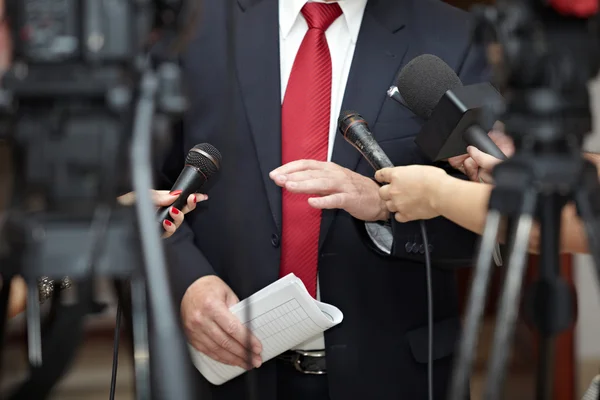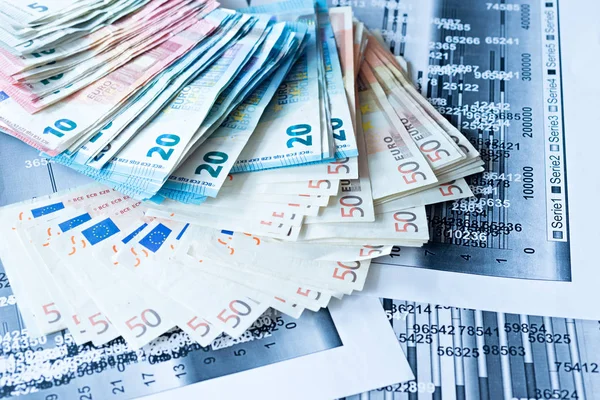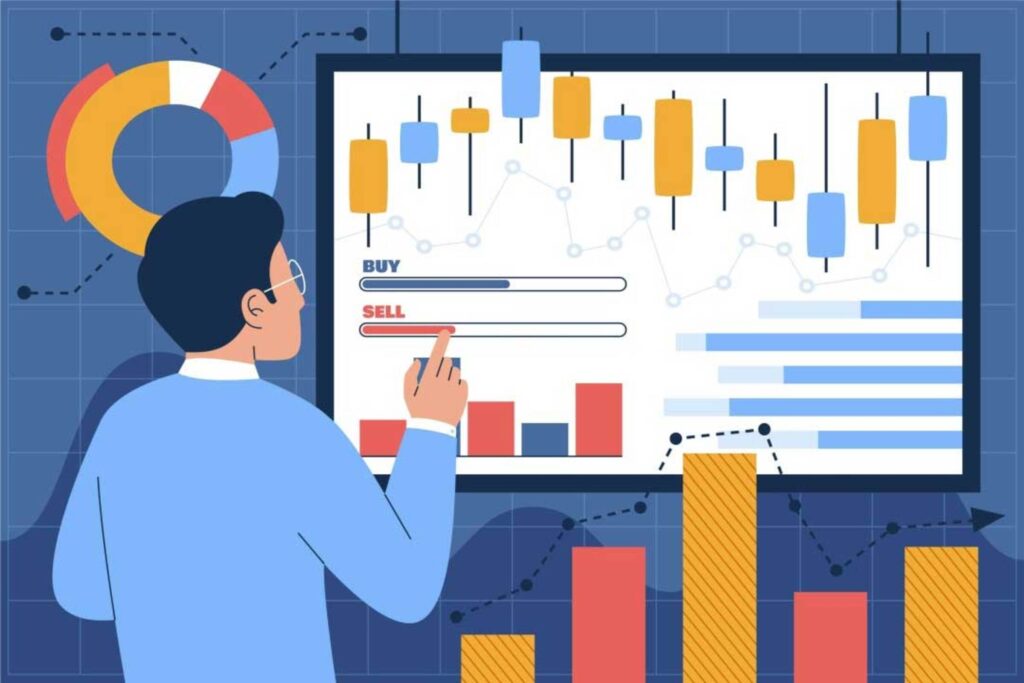The foreign exchange (forex) market is highly sensitive to government policies and decisions. Government policies can have a significant impact on the forex market, influencing currency values and exchange rates. Understanding the relationship between government policies and the forex market is essential for traders and investors looking to navigate the complexities of the global currency market.
Impact of Government Policies on Forex Market

Government policies, such as interest rate decisions, fiscal and monetary policies, and trade agreements, can directly affect the forex market. For example, a government’s decision to raise interest rates can attract foreign investment, leading to an appreciation of the country’s currency. Conversely, policies that increase government debt or create political instability can weaken a currency. Traders and investors closely monitor government policies and announcements to anticipate potential movements in the forex market.
Role of Central Banks in Forex Regulation

Central banks play a crucial role in regulating the forex market and managing currency values. Central banks use tools such as interest rate adjustments and open market operations to influence exchange rates and maintain stability in the forex market. Central bank interventions can impact currency values and market sentiment, leading to fluctuations in forex prices. Traders often pay close attention to central bank decisions and announcements to gauge the direction of currency movements.
Currency Interventions by Government

Governments may intervene in the forex market to influence their currency’s exchange rate. Currency interventions can take various forms, including direct buying or selling of currencies, imposing capital controls, or implementing trade restrictions. These interventions can have short-term effects on currency values and market dynamics. However, sustained interventions may lead to market distortions and volatility, affecting traders and investors in the forex market.
Trade War Effects on Forex Market

Trade wars between countries can have a significant impact on the forex market, as trade tensions and tariffs can disrupt global trade flows and economic stability. Trade wars can lead to currency devaluations, market uncertainty, and increased volatility in the forex market. Traders and investors often closely monitor trade negotiations and developments to assess the potential impact on currency values and market trends.
Political Uncertainty and Forex Volatility

Political uncertainty, such as elections, government changes, or geopolitical tensions, can create volatility in the forex market. Political events can trigger sharp movements in currency values and exchange rates, as investors adjust their positions based on changing political dynamics. Traders need to stay informed about political developments and announcements to manage risks and opportunities in the forex market effectively.
Fiscal Policy Influence on Currency Values

Fiscal policies, such as government spending, taxation, and budget deficits, can influence currency values and market sentiment. Expansionary fiscal policies, such as increased government spending, can boost economic growth and strengthen a country’s currency. Conversely, austerity measures or high levels of government debt can weaken a currency and impact forex prices. Traders and investors analyze fiscal policy decisions to anticipate potential movements in the forex market.
Comparison Table: Government Policies and Forex Market Impact
| Government Policy | Impact on Forex Market |
|---|---|
| Interest Rate Decisions | Attract foreign investment and influence currency values |
| Central Bank Interventions | Regulate currency values and market stability |
| Trade Wars | Disrupt global trade flows and create forex market volatility |
| Political Uncertainty | Trigger currency fluctuations and market volatility |
| Fiscal Policy | Influence currency values and market sentiment |







Political events can really make the forex market volatile. Elections and political changes can lead to sharp movements in currency values.
Currency interventions by governments can affect exchange rates. They can buy or sell currencies to influence the market.
Government policies really affect the forex market. It’s important to understand how interest rate decisions can change currency values.
Trade negotiations can have a big impact on the forex market. Disruptions in global trade can lead to increased volatility.
Trade wars can create a lot of uncertainty in the forex market. It’s interesting how tariffs and trade tensions affect currency values.
Fiscal policies also have a big impact on the forex market. For example, increased government spending can strengthen a currency.
Central banks play a big role in the forex market. They use tools like interest rate adjustments to manage currency values.
It’s important for traders to watch central bank announcements. These decisions can help predict currency movements.
Understanding fiscal policies is crucial for forex traders. Government spending and taxation can influence market sentiment.
Government debt and political instability can weaken a currency. Traders need to monitor these factors closely.